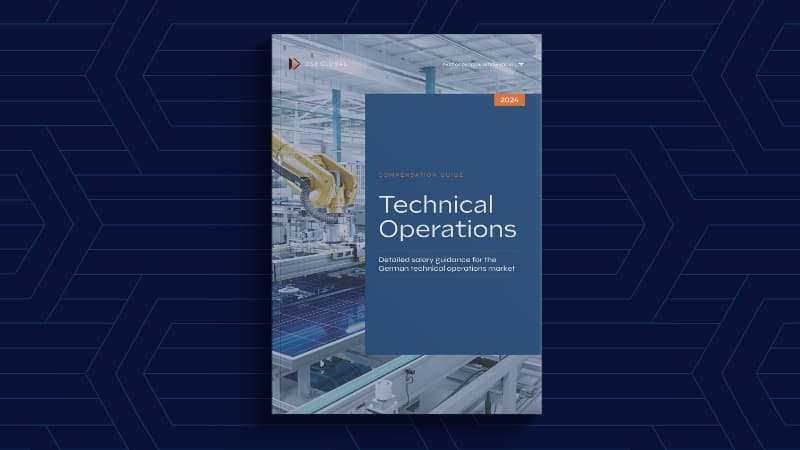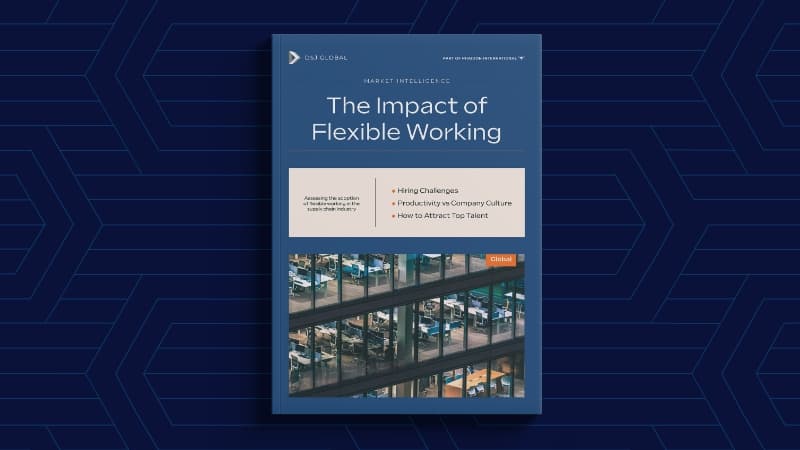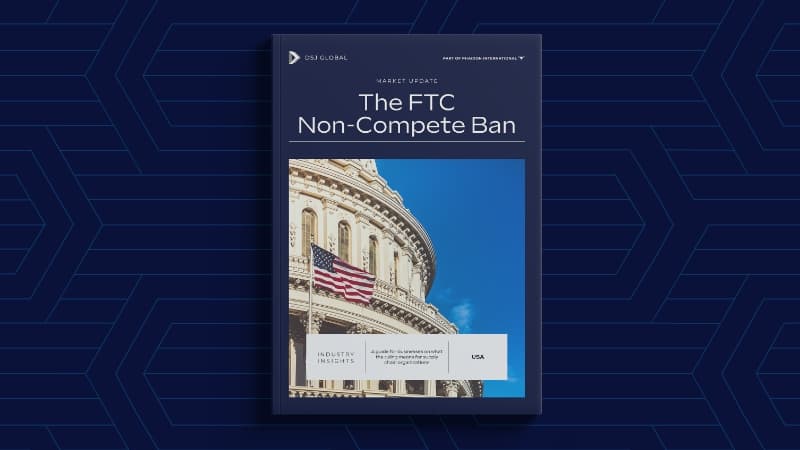Industry Insights
Welcome to Industry Insights by DSJ Global
Powered by our extensive global talent expertise, data, and 20-year heritage, our industry insights are designed to keep you ahead of the rest.
Here, you'll find exclusive insights into the latest talent trends, strategic hiring developments, and emerging career opportunities across the supply chain industry.

Compensation Guides
How competitive is your compensation package? Explore guides covering a vast range of supply chain roles around the globe, based on real placement data, providing you with the information you need to make hiring or career decisions with confidence.

Market Intelligence
Based on comprehensive surveys from our network, these reports bring you in-depth market analysis and actionable advice, indispensable for both hiring managers optimizing strategies and professionals looking to benchmark against peers.

Market Updates
Gain the advantage with expert insights from DSJ Global. Our talent specialists share guidance on the latest hiring trends and industry developments, helping supply chain firms attract top talent and professionals plan their next move.

Hiring Advice
From talent trends to recruitment best practices, our hiring advice offers expert insights to equip firms across the entire supply chain with the knowledge to hire smarter and attract, build, and retain stronger teams across every key business function.

Success Stories
Every great hire starts with the right strategy. Take a look at our case studies to see how we support supply chain businesses and professionals through their toughest talent challenges, and learn how our expertise drives real growth.

Career Advice
The supply chain hiring landscape is constantly evolving – stay ahead with our career advice. Discover expert tips covering everything from resume optimization to salary negotiations and role-specific guidance, positioning yourself for success.
FEATURED BLOG
Hiring Advice
10 Benefits of Using a Recruiter to Find Supply Chain Talent
Learn how specialist recruiters can enhance supply chain and logistics hiring. From reducing costs and time to finding niche talent and avoiding bad hires, discover the benefits of partnering with a recruiter who understands the complexities of the industry.

Let’s talk talent
Need the right talent for your next hire, or guidance on your people strategy? Leverage our experience to help you and your business today.
Advancing your career
Want to be one step ahead in your career? Our industry experts have the relationships and global reach to realize your full potential.

